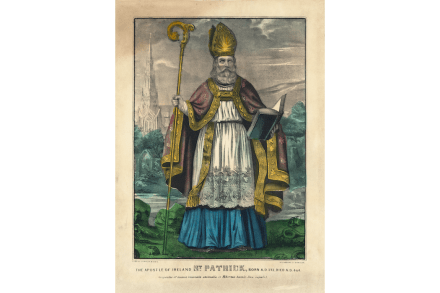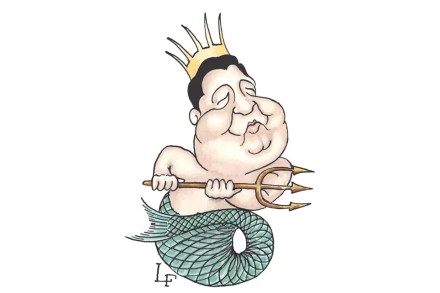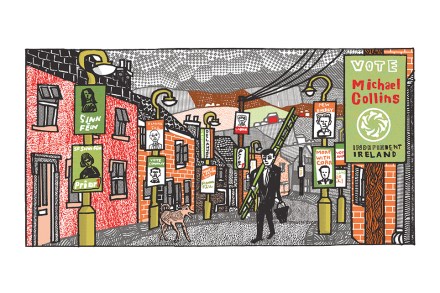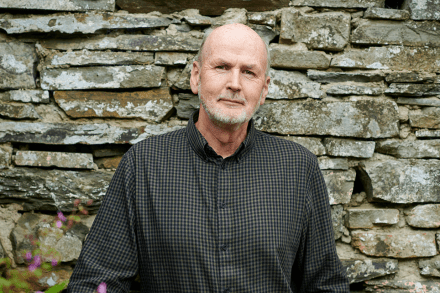Tender and gripping portrait of Edna O’Brien
You could say it’s impossible to make a poor documentary about the writer Edna O’Brien as she’s never said or done anything uninteresting in her life. Point a camera and we’re away. But Sinead O’Shea’s Blue Road: The Edna O’Brien Story is especially rewarding as it is not only beautifully constructed but also includes diary entries that have never been made public before, plus an interview conducted with O’Brien in July last year just before her death. She was 93 and frail but as extraordinarily vivid as ever. She was born, she says, ‘ravenous for life’ and, blimey, what a life it was. O’Brien was born, she says, ‘ravenous for





















